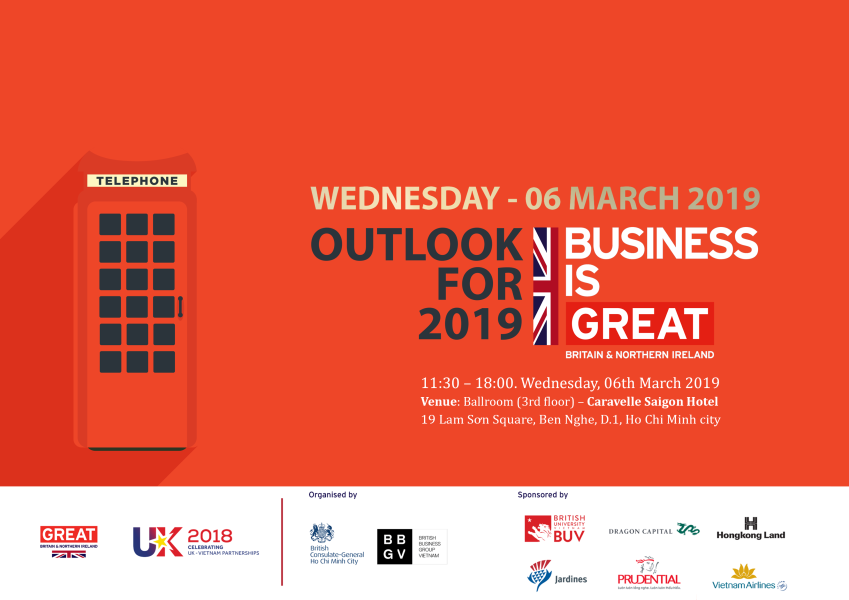Over 30% of Vietnamese consumers are interested in EVs: report
More than 30 per cent of Vietnamese consumers are interested in purchasing electric vehicles (EVs), according to a recent report from Deloitte
More than 30 per cent of Vietnamese consumers are interested in purchasing electric vehicles (EVs), according to a recent Deloitte’s global automotive consumer study.
The main drivers for the interest are reduced operating costs, climate change concerns, and personal health benefits. Driving experience is also an important factor.
According to the study, about 49 per cent of Vietnamese people still favour petrol and diesel, an increase of around one per cent compared to last year.
Meanwhile, the number of users interested in battery electric vehicles (BEV) and plug-in hybrid electric vehicles (PHEV) accounts for 16 per cent and 17 per cent, respectively.
Regarding hybrid vehicles (HEV), only about 9 per cent of Vietnamese are interested in this vehicle line, two or three times lower than other countries in the region such as Thailand, Singapore, the Philippines, Malaysia or Indonesia.
The majority (48 per cent) of EV owners in Việt Nam still rely primarily on charging at home. However, a significant proportion (20 per cent) now regularly charge at their workplace, which is the highest rate among the surveyed countries. Around a third (32 per cent) of current Vietnamese EV owners use public charging stations or on-street charging.
Southeast Asian countries are now prioritising a roll out of public charging stations, driven by concerns about 'range anxiety' - the fear of running out of battery power.
If EV owners cannot charge at home, they need reassurance that a public charge point is conveniently close by.
The study stressed that this issue requires strategic vision to maximise profits from investing in building a national public charging system.
The data on electric vehicle (EV) charging times shows how long drivers would be willing to wait at public charging stations to charge their vehicle from empty to 80 per cent.
Approximately 37 per cent of EV users are willing to wait between 21 and 40 minutes, 31 per cent of users expect the charging process to take between 10-20 minutes and only 10 per cent of users are willing to accept waiting up to 10 minutes.
According to Deloitte, the suggestion that charging an electric vehicle takes the same amount of time as filling a fossil fuel tank is exaggerated. In reality, consumers in most Southeast Asian markets are willing to wait more than 10 minutes to charge their vehicles.
The report concludes that, when it comes to pure electric vehicles (EVs), consumers in Southeast Asia are mainly concerned about insufficient charging station infrastructure, charging times and vehicles suddenly running out of charge, along with costs.
In the Vietnamese market, the three biggest issues that users are concerned about regarding EVs are travel distance, battery charging time and knowledge about electric vehicles.
Only about four per cent of Vietnamese consumers are concerned about the limitations of brands and models available in the domestic electric vehicle market. This indicates that while there may be fewer choices compared to more established markets, it is not a primary concern for most consumers.
Viet Nam News
The main drivers for the interest are reduced operating costs, climate change concerns, and personal health benefits. Driving experience is also an important factor.
According to the study, about 49 per cent of Vietnamese people still favour petrol and diesel, an increase of around one per cent compared to last year.
Meanwhile, the number of users interested in battery electric vehicles (BEV) and plug-in hybrid electric vehicles (PHEV) accounts for 16 per cent and 17 per cent, respectively.
Regarding hybrid vehicles (HEV), only about 9 per cent of Vietnamese are interested in this vehicle line, two or three times lower than other countries in the region such as Thailand, Singapore, the Philippines, Malaysia or Indonesia.
The majority (48 per cent) of EV owners in Việt Nam still rely primarily on charging at home. However, a significant proportion (20 per cent) now regularly charge at their workplace, which is the highest rate among the surveyed countries. Around a third (32 per cent) of current Vietnamese EV owners use public charging stations or on-street charging.
Southeast Asian countries are now prioritising a roll out of public charging stations, driven by concerns about 'range anxiety' - the fear of running out of battery power.
If EV owners cannot charge at home, they need reassurance that a public charge point is conveniently close by.
The study stressed that this issue requires strategic vision to maximise profits from investing in building a national public charging system.
The data on electric vehicle (EV) charging times shows how long drivers would be willing to wait at public charging stations to charge their vehicle from empty to 80 per cent.
Approximately 37 per cent of EV users are willing to wait between 21 and 40 minutes, 31 per cent of users expect the charging process to take between 10-20 minutes and only 10 per cent of users are willing to accept waiting up to 10 minutes.
According to Deloitte, the suggestion that charging an electric vehicle takes the same amount of time as filling a fossil fuel tank is exaggerated. In reality, consumers in most Southeast Asian markets are willing to wait more than 10 minutes to charge their vehicles.
The report concludes that, when it comes to pure electric vehicles (EVs), consumers in Southeast Asia are mainly concerned about insufficient charging station infrastructure, charging times and vehicles suddenly running out of charge, along with costs.
In the Vietnamese market, the three biggest issues that users are concerned about regarding EVs are travel distance, battery charging time and knowledge about electric vehicles.
Only about four per cent of Vietnamese consumers are concerned about the limitations of brands and models available in the domestic electric vehicle market. This indicates that while there may be fewer choices compared to more established markets, it is not a primary concern for most consumers.
Viet Nam News
Đăng Ký
Share this:
Related Posts
Inter Phuc Quoc: InterContinental® Phu Quoc Long Beach Resort is opening today
6/21/2018 10:24:52 AM
Mining collapse: CEO absconds as another cryptocurrency firm implodes in Vietnam
7/30/2018 11:30:05 AM
Dr Philipp Rosler : VinaCapital Ventures names Việt Nam-born former German vice chancellor advisory board chairman
3/16/2019 9:22:43 AM
Radisson Blu Resort Phu Quoc in co-operation with Lavie to launch environment project
9/25/2020 2:53:16 PM
Long Thanh Airport: Construction of country’s largest airport starts in Đồng Nai Province
1/6/2021 7:51:42 AM
HCM City sets up mobile teams for COVID-19 testing at home, tightens travel from nearby provinces
7/11/2021 10:18:12 AM
HCMC to allow vaccinated people, recovered patients on the streets after September 30
10/1/2021 11:00:44 AM
Ministry of Health publicises prices of Molnupiravir drugs produced in Vietnam
2/24/2022 11:28:46 AM
Luxury aviation: Sun Air signed as sales representative for Gulfstream business aircraft in Viet Nam
3/27/2022 8:56:00 AM
EuroCham Vietnam proposes full inclusion of EU member countries in Vietnam’s visitor visa exemption list
7/17/2023 2:47:57 PM
Leave a Reply
Fan Page2
Top Views
Video
12/1/2015 10:32:36 AM
Welcome to Vietnam

Video
12/27/2015 12:11:22 PM
"Sa Pa Is Awesome"
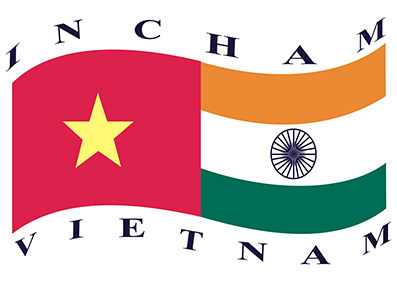
VIETNAM BUSINESS & EVENT
5/4/2018 9:27:41 PM
CO-HOST SBG Raffle Night Blockchain and Cryptocurrency

VIETNAM BUSINESS & EVENT
5/4/2018 9:30:22 PM









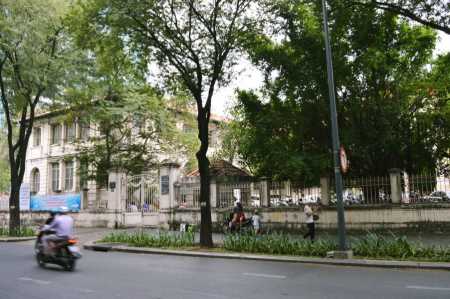
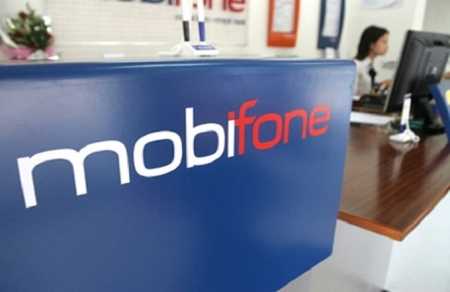







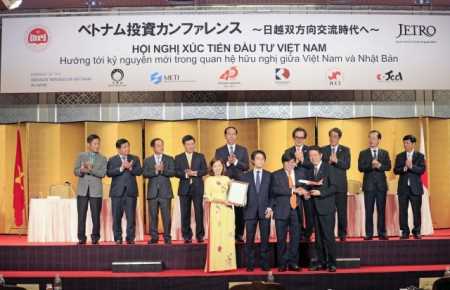

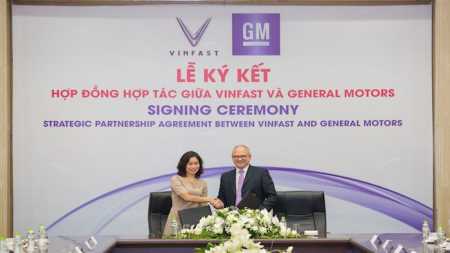









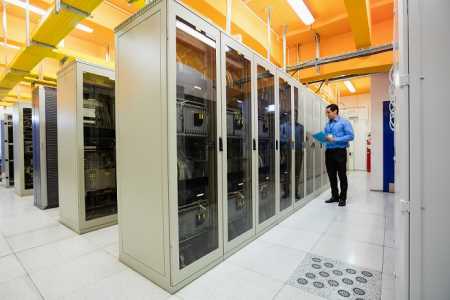


.jpg)


.jpg)

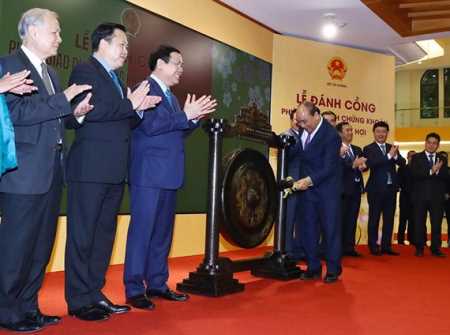
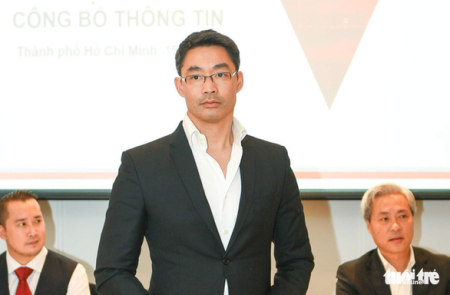

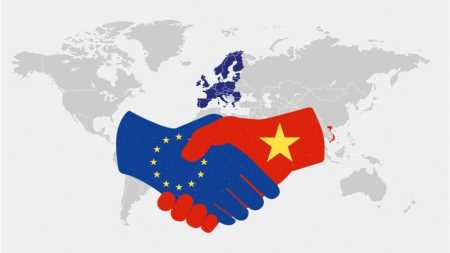

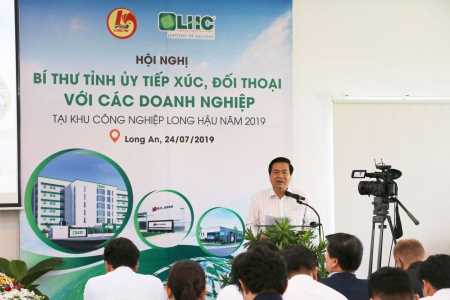

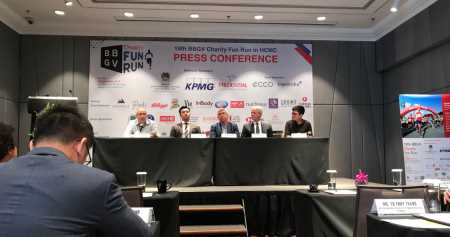
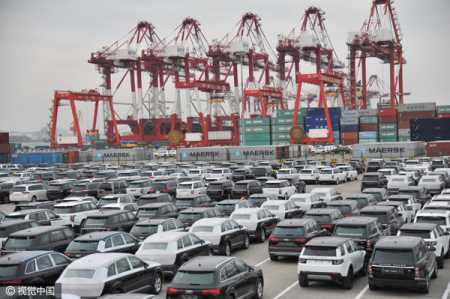










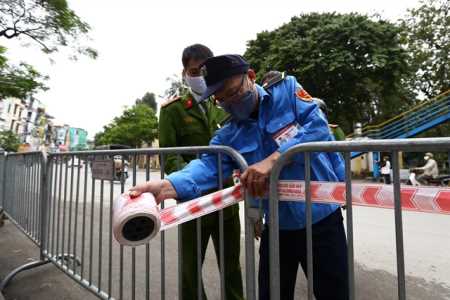


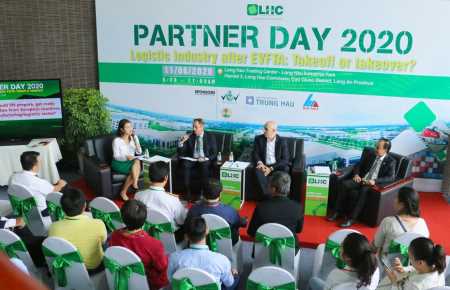




.jpg)


.jpg)





.jpg)

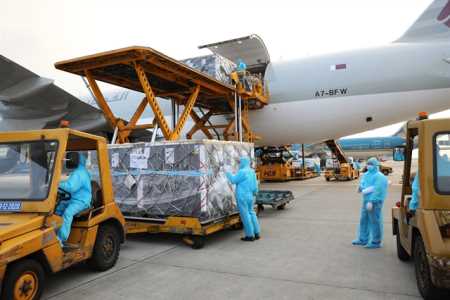




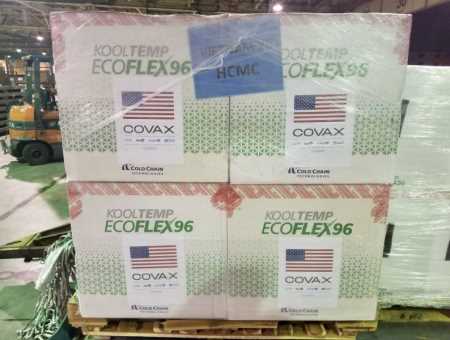
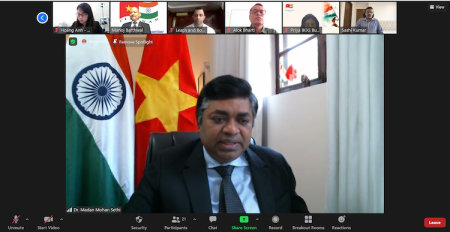


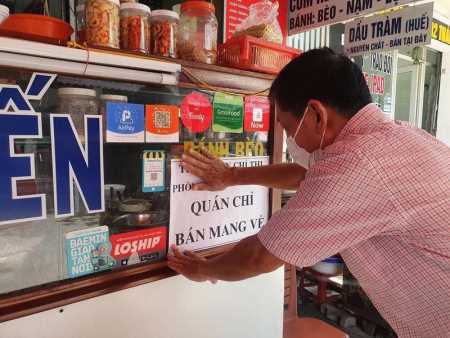
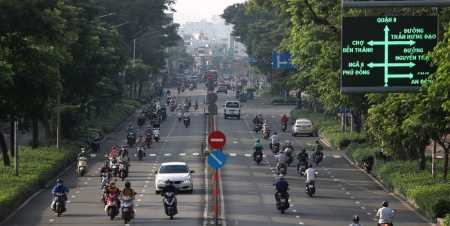

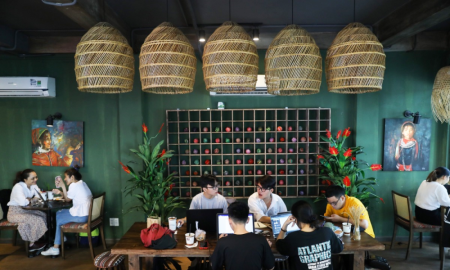











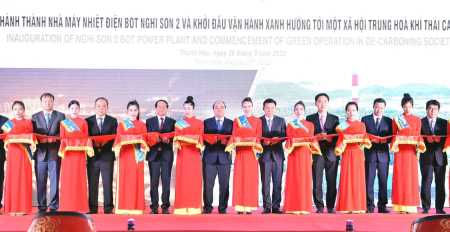



.jpg)
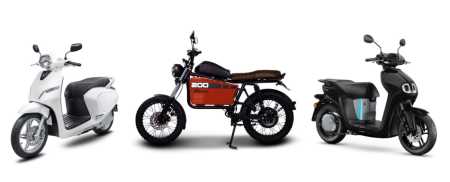
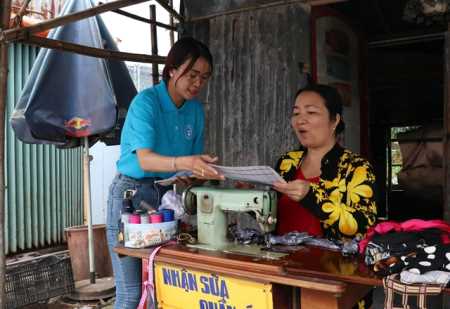




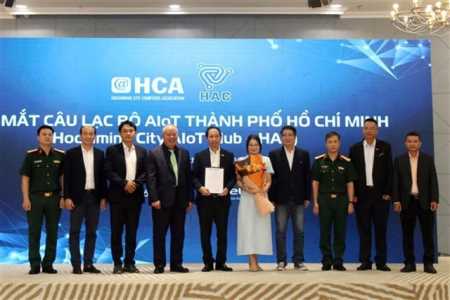
.jpg)
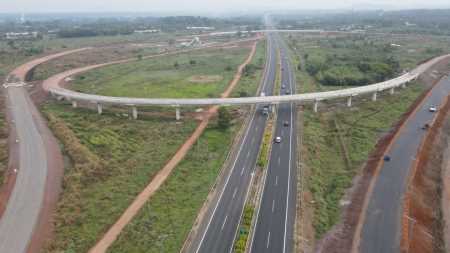




.jpg)



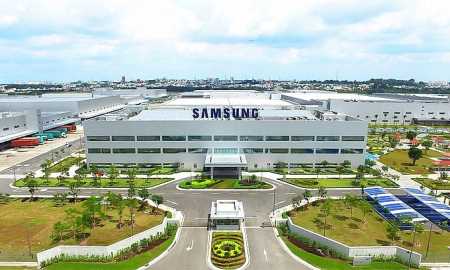





.jpg)

